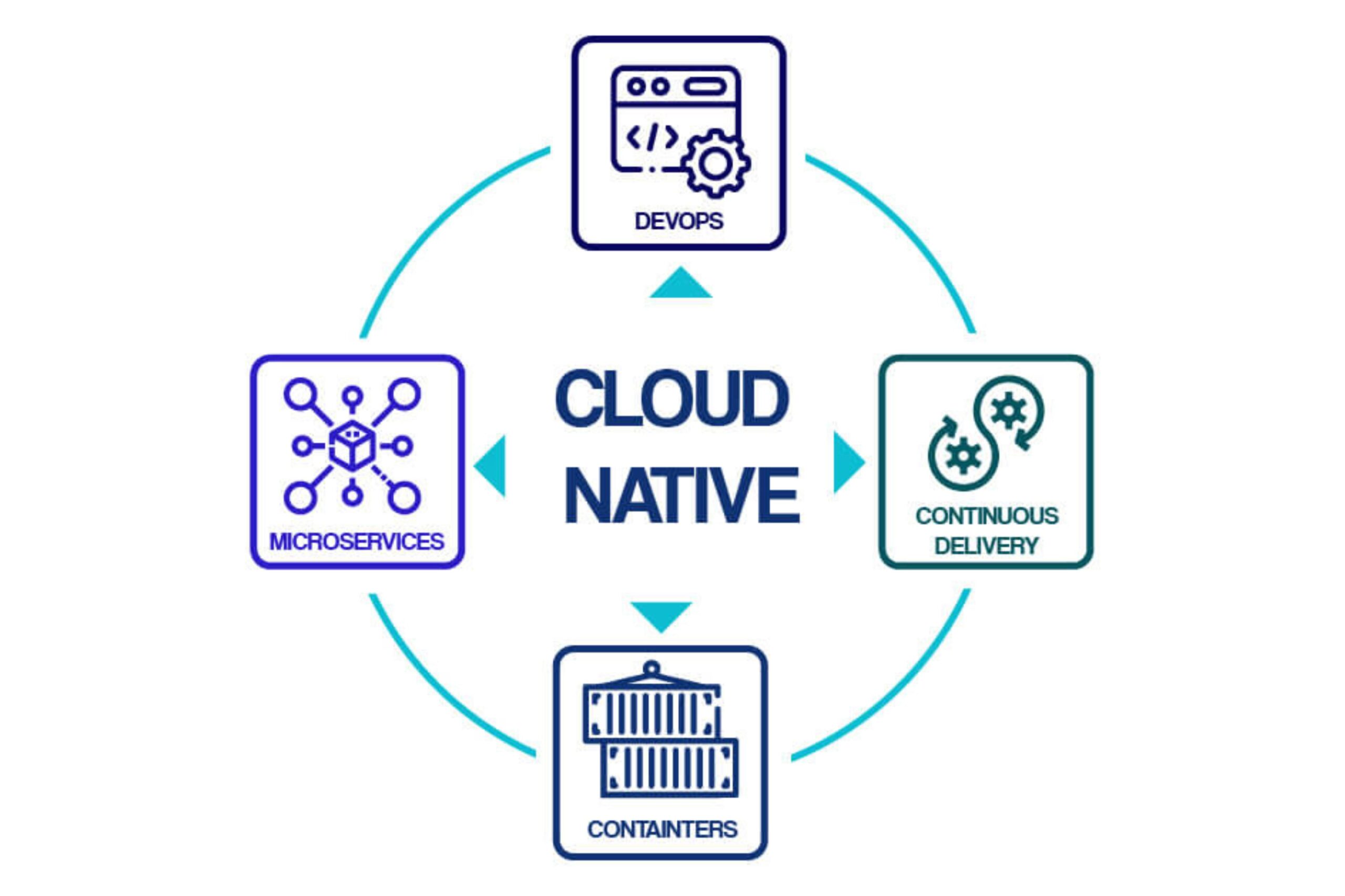
Distinction Amidst Business Intelligence and Business Analytics
In the modern data-driven world, the terms Business Intelligence (BI) and Business Analytics (BA) often get tossed around, sometimes interchangeably. However, while they are closely related, they serve distinct purposes within an organization. Let’s dive into what sets them apart.
Business Intelligence (BI) – is all about historical data. It involves the collection, integration, analysis, and presentation of business information. The primary goal of BI is to help companies make informed decisions based on past performance. Think of BI as a rearview mirror; it looks back at what has happened, providing insights through dashboards, reports, and data visualizations. This helps organizations understand trends, performance metrics, and operational efficiencies. BI tools, like Tableau or Power BI, make it easier for users to analyze historical data and generate actionable insights without deep technical expertise.
Business Analytics (BA) – focuses on the future. It leverages statistical analysis and predictive modeling to identify patterns and forecast future outcomes. BA is more forward-looking and proactive compared to BI’s reactive nature. It answers questions like “What will happen?” and “What should we do about it?” rather than just “What happened?” Techniques such as data mining, predictive analytics, and machine learning fall under the BA umbrella. Tools like SAS, R, and Python are often used to perform these complex analyses.
In essence, BI and BA complement each other. BI helps organizations understand their past and present performance, setting the stage for BA to predict and optimize future performance. While BI might highlight a drop in sales over the last quarter, BA would dig deeper to uncover the reasons behind this trend and suggest strategies to improve future sales.
To wrap it up, BI is your go-to for making sense of historical data, while BA is your crystal ball for forecasting and strategizing future actions. Both are invaluable, yet distinct, components of a comprehensive data strategy.


